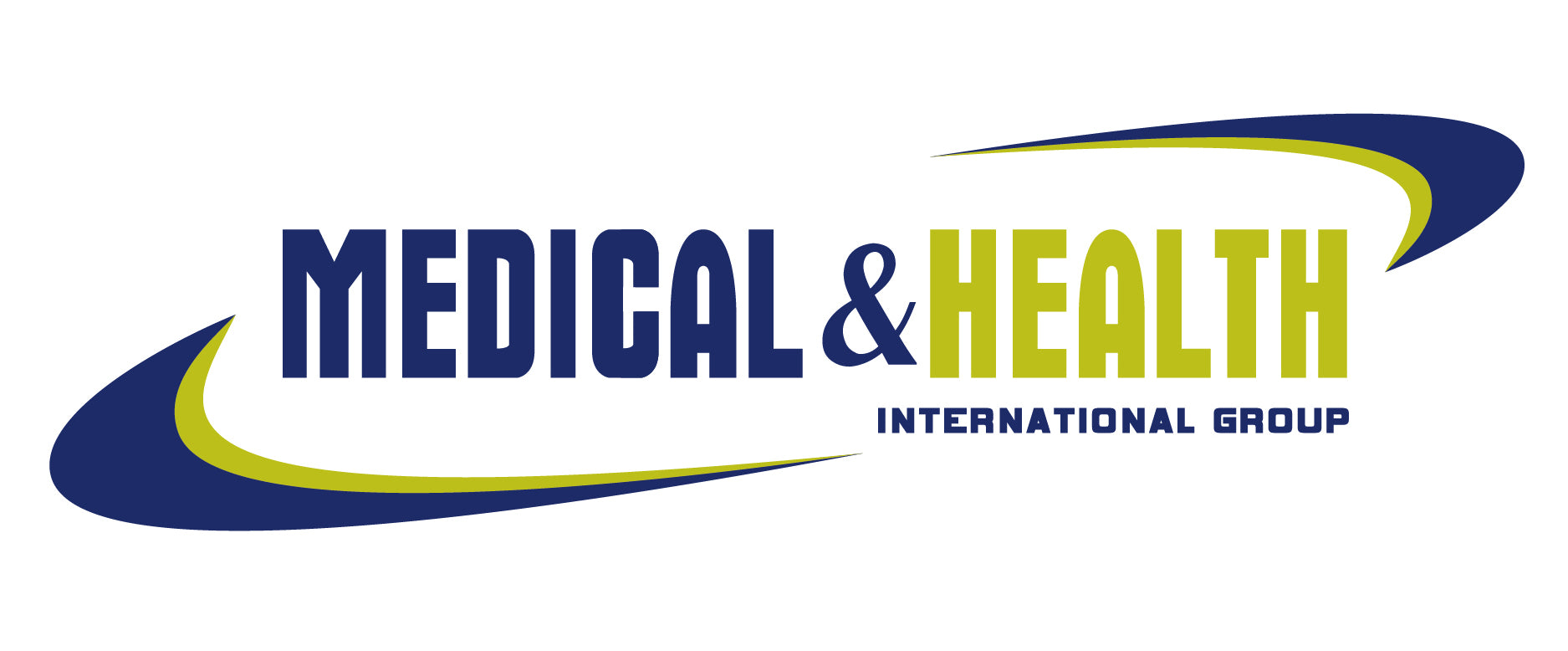
Origins and Bioavailability:
Resveratrol belongs to a class of compounds known as polyphenols, which are phytochemicals with antioxidant properties. It is primarily found in the skin of red grapes, but can also be sourced from peanuts and berries. While red wine is often celebrated as a source of resveratrol, its bioavailability and concentration vary. Consequently, researchers have turned to supplements and dietary sources to harness its potential benefits.
1.How does the bioavailability of resveratrol affect its potential health benefits, and what methods are being explored to enhance its absorption by the human body?
Health Benefits and Research Findings:
Resveratrol's potential health benefits are diverse and intriguing. It has been studied for its role in cardiovascular health, as it may help improve blood flow, reduce inflammation, and protect against oxidative stress. Furthermore, resveratrol has shown promise in influencing longevity pathways and promoting cellular health. Research suggests that it could potentially activate sirtuins, a class of proteins associated with longevity and various metabolic processes.
2. Can resveratrol's activation of sirtuins be effectively harnessed to promote human health and extend lifespan, and what are the challenges in translating these findings into practical applications?
Applications and Implications:
The potential applications of resveratrol extend beyond longevity and cardiovascular health. Studies have explored its role in combating neurodegenerative diseases, cancer prevention, and metabolic disorders like diabetes. Additionally, resveratrol's anti-inflammatory and antioxidant properties have implications for skin health and cosmetic formulations.
3. How is ongoing research uncovering the potential of resveratrol in addressing a wide range of health conditions, and how might these findings impact medical treatments and wellness strategies?
Challenges and Future Directions:
Despite the promising findings, there are challenges to fully harnessing resveratrol's potential. Dosing, bioavailability, and the complex interplay of biological mechanisms present hurdles in translating laboratory results into practical recommendations. Additionally, while studies in animal models and cell cultures are promising, the effects in humans can vary due to differences in metabolism and genetic factors.
4. What steps are being taken to overcome the challenges associated with resveratrol research, and how might personalized medicine play a role in optimizing its benefits for different individuals?
In conclusion, resveratrol stands as a fascinating and multifaceted compound with the potential to revolutionize human health and longevity. From its origins in plants to its implications for various health conditions, resveratrol continues to captivate the scientific community and the public alike. As we continue to unlock the secrets of this natural wonder, the question remains: Is resveratrol truly a promising compound for human health and longevity? The answer, while complex, holds the potential to reshape our understanding of wellness and inspire innovative approaches to healthcare.
